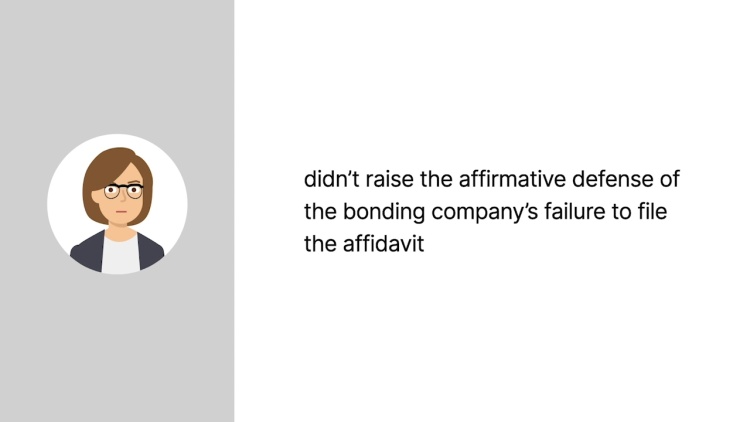Boyd v. Brett-Major
Florida District Court of Appeals
449 So.2d 952 (1984)
- Written by Rose VanHofwegen, JD
Facts
The Boyds (plaintiffs) mortgaged their home to secure a $100,000 criminal-appearance bond for their son. The bonding company did not file an affidavit required by state law, creating an absolute defense to foreclosure of the mortgage. The bonding company nonetheless brought a foreclosure action after the Boyds’ son failed to appear in court. The Boyds hired attorney Lin Brett-Major (defendant) to represent them. Brett-Major filed an answer but did not adequately plead the bonding company’s failure to file the affidavit as an affirmative defense. After the bonding company obtained summary judgment, the Boyds brought a legal malpractice action against Brett-Major and her insurer (defendants). The Boyds claimed they wanted to win the foreclosure action. Brett-Major claimed that the Boyds wanted merely to delay the action while they raised funds to repay the bond. At trial, the evidence showed that the Boyds hired Brett-Major not to win, but merely to delay the action, because the Boyds intended to repay the bond in order to maintain an ongoing relationship with the bondsmen. The court directed the jury that its verdict should be for Brett-Major if the jury found that she was carrying out the Boyds’ specific instructions. The jury entered a verdict for Brett-Major and her insurer, and the Boyds appealed.
Rule of Law
Issue
Holding and Reasoning (Ferguson, J.)
What to do next…
Here's why 907,000 law students have relied on our case briefs:
- Written by law professors and practitioners, not other law students. 47,100 briefs, keyed to 996 casebooks. Top-notch customer support.
- The right amount of information, includes the facts, issues, rule of law, holding and reasoning, and any concurrences and dissents.
- Access in your classes, works on your mobile and tablet. Massive library of related video lessons and high quality multiple-choice questions.
- Easy to use, uniform format for every case brief. Written in plain English, not in legalese. Our briefs summarize and simplify; they don’t just repeat the court’s language.





